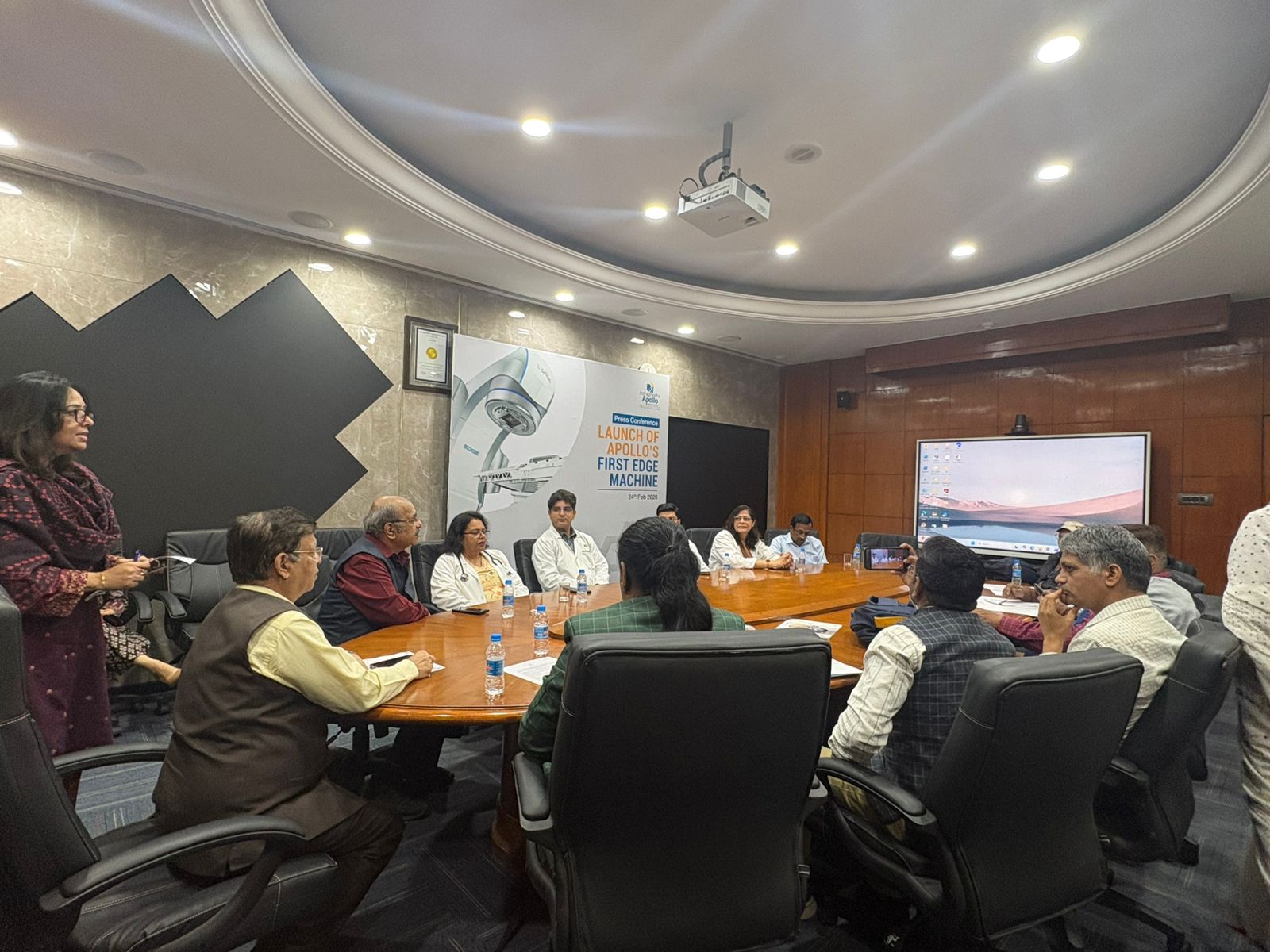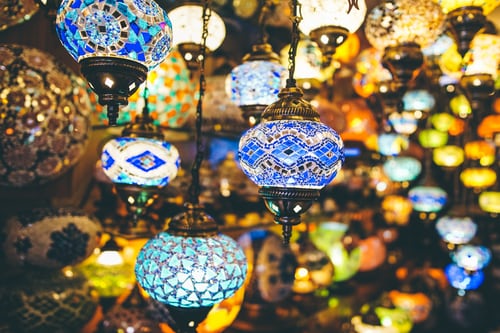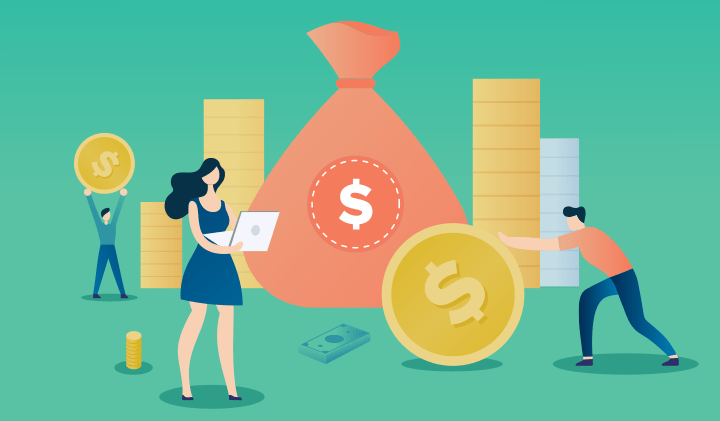The month of Ramadan culminates in the celebration of Eid al-Fitr, which marks the end of fasting and is a time of joy and celebration. Muslims greet each other with “Eid Mubarak” or “Happy Eid.”
Ramadan is a time of great spiritual reward, and Allah often blesses Muslims with good health, wealth and forgiveness during this month. May Allah accept our fasts and prayers. Ameen.
Ramadan is a time for Muslims to come closer to Allah and strengthen their faith. It is a particular time where Muslims focus on prayer and recite the Quran. The month culminates in the celebration of Eid al-Fitr, which is a time of joy and happiness. Ramadan is a blessed month, and Muslims are encouraged to make the most of it.
Table of Contents
The Virtue of Ramadan
“Whoever draws nearer (to Allah) by performing any of the (optional) good deeds in (this month). Shall receive the same reward as performing an obligatory deed at any other time, and whoever discharges an obligatory deed in (this month). Shall receive the reward of performing seventy obligations at any other time.” – The Prophet Muhammad (peace be upon him)
Please visit: pay your zakat
Ramadan is a time of great virtue, and Muslims are significantly rewarded for their deeds during this month. Allah often blesses Muslims with good health, wealth and forgiveness during Ramadan. It is a time for Muslims to come closer to Allah and strengthen their faith. The month culminates in Eid al-Fitr’s celebration, a time of joy and happiness. Ramadan is a blessed month, and Muslims are encouraged to make the most of it.
Fasting or abstaining from food, drink, and certain other activities between dawn and sunset during Ramadan is an obligation for all healthy, adult Muslims. Fasting can be considered a method of spiritual purification. Which allows us to gain taqwa (goodness) by experiencing the discomfort that depriving the body causes. It also connects us with those who are less fortunate than ourselves. People who have no choice but to go hungry through no fault of their own because they are too poor to afford enough food for themselves.
Eid al-Fitr marks the end of fasting and is a time of joy and celebration. Muslims greet each other with Eid Mubarak or Happy Eid. As this holiday follows so closely after Ramadan, it carries on some of the joy and happiness that are seen in Ramadan. Eid al-Fitr lasts for only three days. But this brief holiday marks the end of fasting and implies a continuation of celebration for several more days after.
Fasting in Ramadan
Ramadan is a time of great spiritual reward, and Allah often blesses Muslims with good health, wealth and forgiveness during this month. May Allah accept our fasts and prayers. Ameen. Ramadan is a time for Muslims to come closer to Allah and strengthen their faith. The month culminates in the celebration of Eid al-Fitr, which is a time of joy and happiness. Ramadan is a blessed month, and Muslims are encouraged to make the most of it.
Fasting is an obligation for all healthy adult Muslims during Ramadan. It can be considered a method of spiritual purification which allows us to gain taqwa (goodness) by experiencing the discomfort that depriving the body causes. Fasting also connects us with those who are less fortunate than ourselves. Eid al-Fitr marks the end of fasting and is a time of joy and celebration.
Muslims greet each other with “Eid Mubarak” or “Happy Eid.” As this holiday follows so closely after Ramadan. It carries on some of the joy and happiness that are seen in Ramadan. Eid al-Fitr lasts for only three days, but this brief holiday marks the end of fasting and implies a continuation of celebration for several more days after.
Eid al-Fitr means “festival [or feast] of breaking the fast.” Eid Mubarak (literally meaning blessed Eid) is an Arabic greeting used by Muslims in many countries during and to mark the end of Ramadan. It is also traditionally used on Eid al-Adha.
Allah says in the Quran:
“O you who have believed, decreed upon you is fasting as it was decreed upon those before you that you may become righteous” (Quran 2:183).
Muslims should focus on prayer and recite the Quran during Ramadan. They should also try to make the most of this particular month by doing as many good deeds as possible. Muslims are encouraged to charity and to help those in need. The month culminates in the celebration of Eid al-Fitr, which is a time of joy and happiness. Ramadan is a blessed month, and Muslims are encouraged to make the most of it.
Allah’s Messenger Muhammad said, “Islam is built on five pillars: testifying that there is no god but Allah and that Muhammad is the messenger of Allah; performing the prayers; paying zakat; making a pilgrimage to the House, and fasting during Ramadan.” [Al-Bukhari]
Zakat and Ramdan
As a financial obligation upon Muslims, zakat (‘the poor-due) represents a social contract between those with wealth and those who don’t. In this contract, zakat plays a dual role as an act of worship and a means for promoting social justice. Generally speaking, zakat is divided into two categories: zakat on the wealth and zakat on the soul.
The zakat money collected throughout the year must be paid to one of the following categories of people before zuhr. Which starts at noon and ends at 1 pm, of Yawmul Ashra, 10th day of Dhul-Hijjah. Zakat can also be given to other deserving people such as debtors, wanderers, and those fighting for the cause of Allah.
When calculating zakat payments. It’s important to remember that zakat is only payable on specific categories of wealth: gold, silver, cash, produce, livestock, and business assets. In addition, there are special zakat rates for each type.
In conclusion, Ramadan is a blessed month in which Muslims are rewarded for their deeds. It is a time for coming closer to Allah, strengthening faith, and celebrating with friends and family.
Make your donation today and make a difference by visiting SKT Welfare website.












